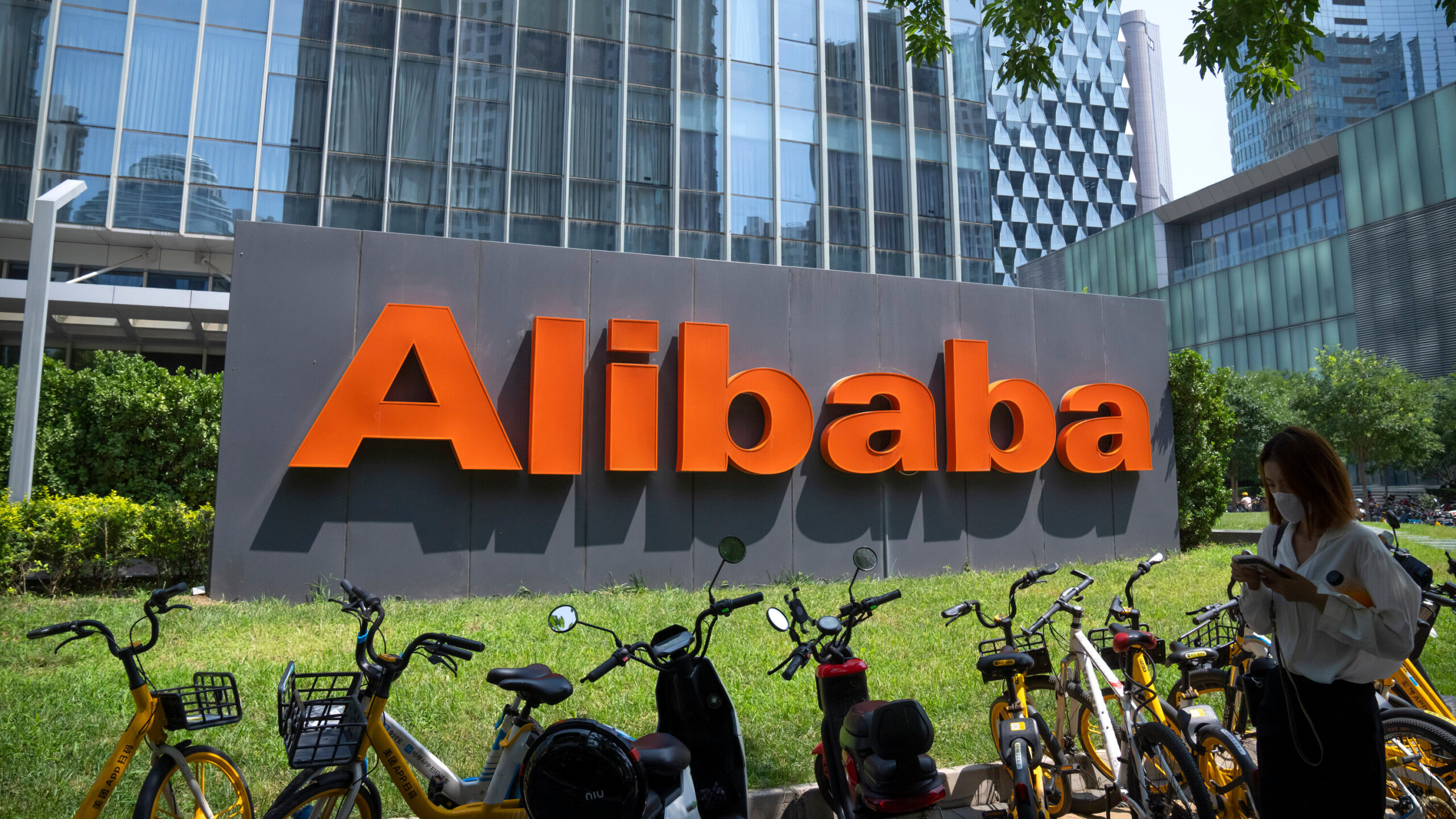Alibaba Group, a leading e-commerce company in China, is making strides in the world of artificial intelligence (AI) by becoming the first Chinese company to utilize Meta’s open-source AI model, Llama, for zero-cost program development.
According to a statement from Alibaba Cloud, the cloud computing arm of the conglomerate, a Llama 2-based solution has been deployed to enable businesses to create software and tools using AI.
This development marks the launch of the first training and deployment solution for the entire Llama 2 series in China, welcoming developers to build custom large models on Alibaba Cloud.
Meta, the company behind Llama 2, introduced this model as a free-to-use service in July 2023, aiming to compete with existing AI models such as OpenAI’s ChatGPT and Google Bard.
For companies with less than 700 million monthly active users, Llama 2 will remain free to use.
READ MORE: Ripple CEO Brad Garlinghouse Criticizes SEC’s ‘Regulation by Enforcement’
Despite this collaboration with Alibaba, Meta emphasized that Microsoft remains its preferred partner for developing its generative AI tool.
However, Llama 2 will be readily available for research and commercial use.
Meta’s approach is open, allowing more businesses worldwide to access foundational AI technology.
This includes supporting companies that are building products on Llama 2, integrating the model into cloud providers’ offerings, and promoting research efforts for the safe and responsible deployment of large generative models.
By leveraging Llama 2’s large language model, Alibaba Cloud joins the ranks of prominent cloud computing services like Amazon Web Service (AWS) in utilizing this cutting-edge technology.
The integration of Meta’s AI model into Alibaba’s operations could also potentially strengthen ties with China. Meta’s Facebook has been banned in the country since 2009, along with other Western-based social media and content platforms like Twitter and YouTube.
This strategic move by Alibaba comes at a time when the United States has restricted the sale of certain AI processing hardware chipsets in June 2023, aiming to maintain a competitive advantage in the rapidly evolving AI tools sector.
Overall, Alibaba’s adoption of Meta’s Llama 2 model represents a significant step forward for Chinese companies embracing AI technologies, and it could have broader implications for international collaborations in the field of AI development.
Other Stories:
Worldcoin Sparks Controversy As It Launches Ecosystem Token
Crypto Lending Firm Faces Service Disruption as Assets Seized by Regulator
Former FTX CEO Accepts Gag Order Amidst Trial




